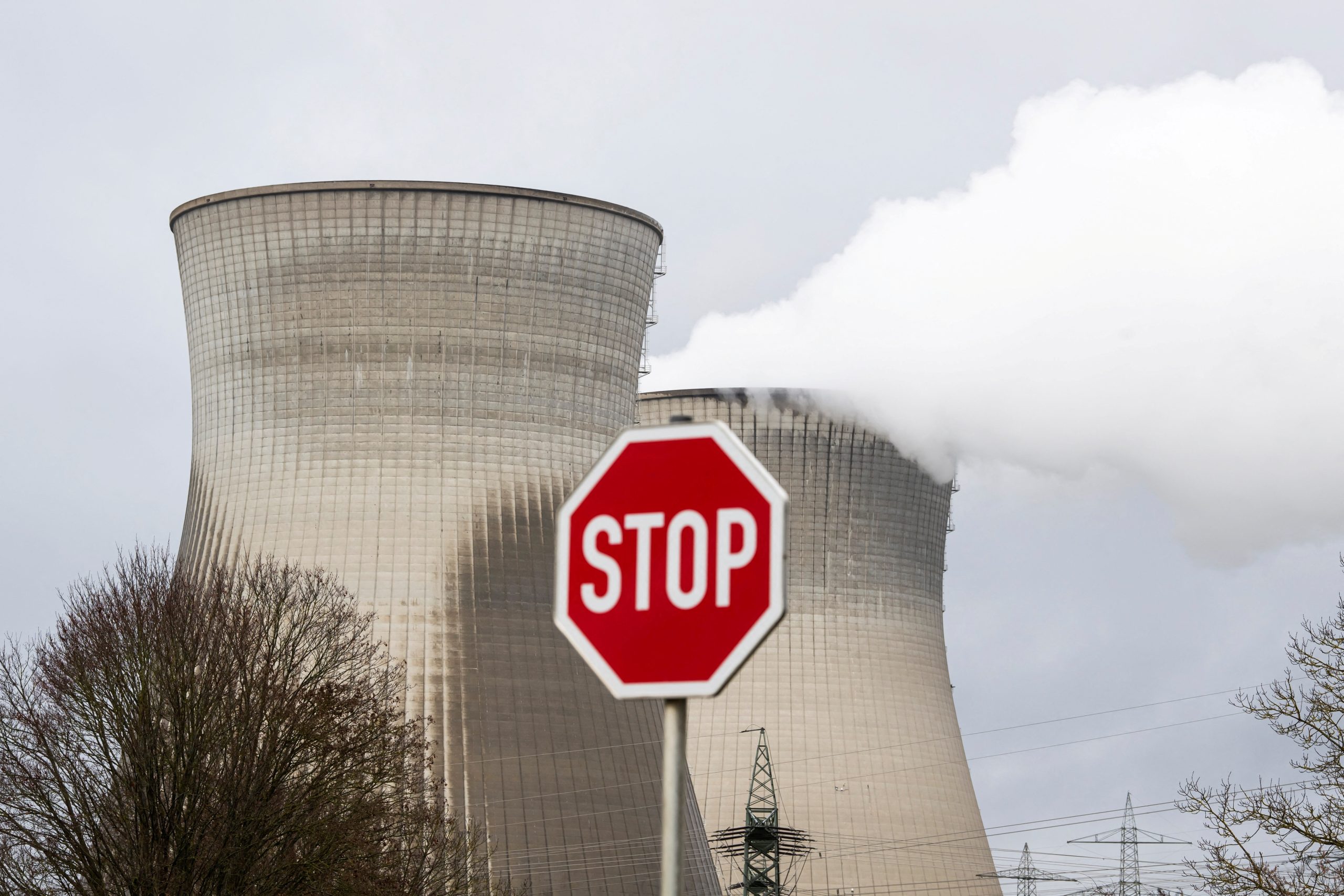Gas Bonyan – While the European Union, through its ambitious REPowerEU program, aims to reduce its dependence on fossil gas and pave the way for a transition to clean energy, Germany, one of Europe’s largest economies, is adopting a policy that could undermine these plans.
The new German government, led by Chancellor Friedrich Merz and Minister for Economy and Energy Katarina Reisch, has announced plans to build approximately 20 gigawatts of gas-fired power plants by 2030.
These power plants are intended to serve as a backup during the transition from coal to renewable energy. However, the controversial aspect is that the government has not made any binding commitments to convert these plants to hydrogen-powered facilities.
Enhanced Version Highlighting the Contradiction of LNG Imports and Germany’s Gas Power Plants
The new German government is pursuing the construction of up to 20 gigawatts of new gas-fired power plants, while the European Union has recently signed a historic $750 billion deal to import liquefied natural gas (LNG) from the United States.
The goal of this deal is to reduce Europe’s dependence on Russian gas and ensure energy security following the Ukraine crisis.
However, this major agreement, combined with Germany’s plan to build gas power plants that will initially rely on fossil fuels, creates a clear contradiction.
On one hand, Europe is striving to chart a cleaner energy future through investments in renewable energy and green hydrogen; on the other, Germany’s insistence on using fossil fuels—and even carbon capture and storage (CCS) technology, which remains immature and costly—effectively reinforces a lock-in to fossil fuel infrastructure.
This contradiction has not only fueled concerns among environmental activists but also raised serious questions about Europe’s commitment to its climate goals and the development of clean energy. Can current policies truly ensure both energy security and environmental protection simultaneously?
As a result, Germany and the European Union find themselves in a challenging and contradictory situation, reflecting the tension between immediate energy security needs and long-term climate objectives.
Gas as a Guarantor of Energy Security
Katarina Reisch, in an official statement, said that transitioning these power plants to hydrogen “may make sense in the future,” but such a shift would require widespread access to hydrogen, which she acknowledged is unlikely to be achieved by 2030.
Reisch stated: “For energy supply security, we are currently dependent on gas. Otherwise, we would have to keep coal-fired power plants operational for much longer.”
Not only has the legal requirement for “hydrogen readiness” been sidelined, but the new government is also drafting legislation to implement carbon capture and storage (CCS) technology in gas-fired power plants—a technology that is still in its early stages, costly, and incomplete, as it cannot capture all carbon dioxide emissions.
REPowerEU and Germany’s Political Paradox
These policies come at a time when the European Union has just signed a $750 billion deal to import LNG from the United States, intended as a substitute for Russian gas but effectively creating a new dependency on another fossil fuel source.
The REPowerEU plan, introduced following Russia’s invasion of Ukraine, focuses on reducing fossil gas consumption, increasing the share of renewable energy, developing green hydrogen, and optimizing energy use.
However, Germany’s construction of 20 gigawatts of new gas power plants—fueled by imported gas—and the LNG import deal effectively run counter to these objectives.
Critics: Locking in Fossil Infrastructure, a Step Backward from the Future
The response to these policies has been intense. Environmental groups, companies active in the green energy sector, and even the German Electricity Industry Association (BDEW) have warned that these power plants, without a mandate to switch fuels, could operate on gas for decades.
Kerstin Andreae, president of BDEW, emphasized that no company would build a power plant that becomes economically inefficient within 20 years.
Nina Scheer, energy spokesperson for the Social Democratic Party (SPD), has called for the inclusion of a “hydrogen readiness” clause in upcoming tenders.
Meanwhile, a coalition of environmental organizations has rejected CCS technology, viewing it as an attempt to preserve fossil fuels and hinder investment in future-oriented technologies like renewables and green hydrogen.
Renewables Overshadowed by Vague Promises of Green Hydrogen
Although Germany maintains that it is committed to its climate goals—carbon neutrality by 2045, increasing the share of solar and wind power, and developing green hydrogen, as outlined in its strategic documents—recent policy actions suggest that energy security through fossil fuels has become the government’s priority, even at the cost of slowing or weakening the transition.
At best, it could be said that renewable energy in Germany has not been abandoned but has been sidelined for now by gas-centric energy security policies. Germany, once a pioneer of the clean energy transition in Europe, now appears to be walking a tightrope of contradiction: between a green future and a gray reality.
The future will reveal whether this path is a temporary step toward transformation or a long-term lock-in to a high-carbon past.






